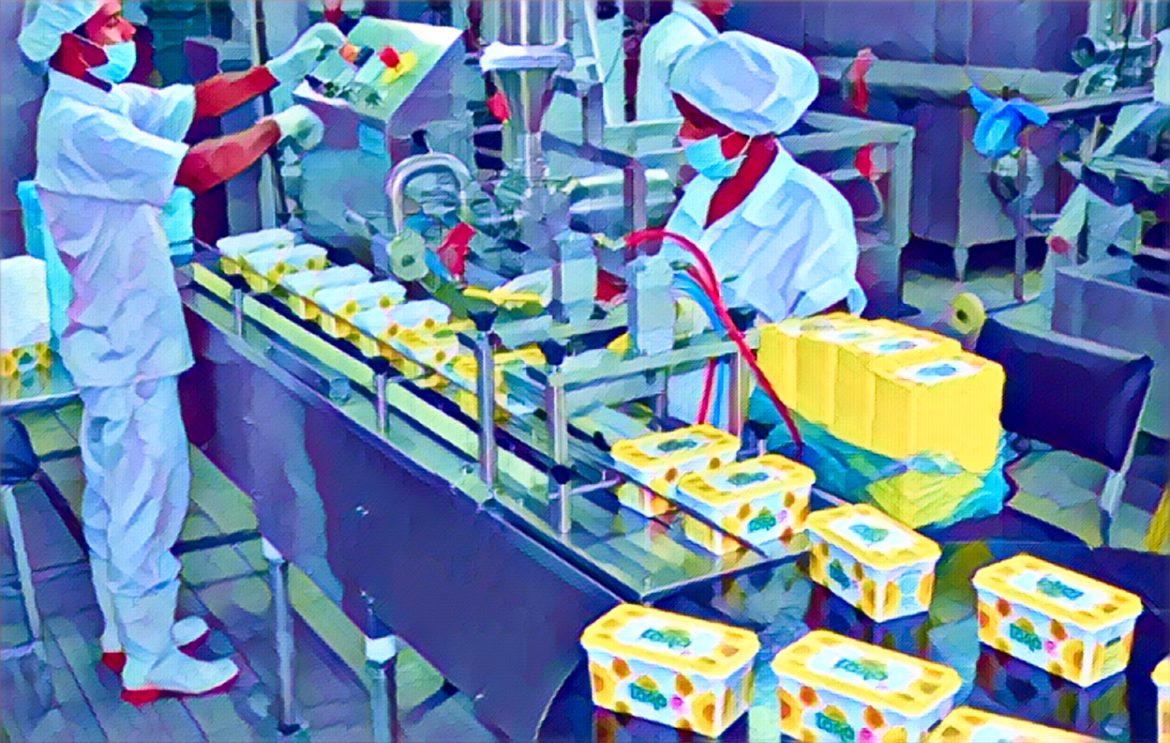KEY POINTS
- Unreliable power supply and inadequate infrastructure increase production costs and reduce competitiveness.
- Difficulty accessing foreign exchange for imports leads to increased production costs and pricing pressures.
- Frequent policy changes create an unpredictable business environment, deterring investment.
The manufacturing industry in Nigeria plays a central role in diversifying the economy yet it has great employment opportunities. Nevertheless, this sector has been faced with numerous challenges that may slow its development.
This part however reveals emerging opportunities through which early opportunities can open a new frontier for rejuvenisation and expansion.
Challenges facing Nigeria’s manufacturing sector
Infrastructure deficiencies
Inadequate infrastructure, particularly unreliable power supply, hampers manufacturing operations. Many firms rely on generators, increasing production costs and reducing competitiveness.
For instance, Bel Papyrus Limited, a major tissue manufacturer, highlights that unstable power supply remains a significant challenge.
Foreign exchange constraints
Manufacturers face difficulties accessing foreign exchange for importing essential raw materials and machinery. The devaluation of the naira exacerbates this issue, leading to increased production costs and pricing pressures.
This challenge has prompted some companies to reduce operations or exit the Nigerian market.
Policy inconsistencies
Frequent changes in government policies create an unpredictable business environment. Inconsistent policies on tariffs, taxes, and import regulations disrupt planning and investment decisions, deterring both local and foreign investors.
The Manufacturers Association of Nigeria (MAN) has expressed concerns over these policy inconsistencies affecting the sector’s growth.
Access to finance
Limited access to affordable financing options restricts the ability of manufacturers to expand and modernize operations.
High-interest rates and stringent lending conditions make it challenging for businesses to secure necessary capital, stifling innovation and growth.
This financial constraint is a significant barrier to the sector’s development.
Technological Gaps
Due to high cost of implementing and poor basic infrastructure the adoption of advanced manufacturing technologies continues to be very low.
This has remained a major set back to productivity and the competitive advantage that is needed in the international market.
As global manufacturers shift towards Industry 4.0 technologies, Nigeria’s manufacturing industry is consequently limited by these obstacles.
Prospects for Nigeria’s manufacturing sector
Government initiatives
The Nigerian government has recently launched measures to stimulate the manufacturing industry.
There are policies in the country today like the National Industrial Revolution Plan (NIRP) that seeks to undertake industrialization and diversification of the economy, hence offering blue print for growth.
Also, to reduce pressure on foreign exchange and enhance refinery capacity, the government intends to maintain the supply of crude oil to local refineries with local currency.
Investment opportunities
Despite challenges, Nigeria’s large consumer market presents significant opportunities for investors.
Companies like Coca-Cola have announced substantial investments in Nigeria, indicating confidence in the market’s potential.
Coca-Cola plans to invest $1 billion in its operations over the next five years, focusing on production enhancement and supply chain improvements.
Local raw material sourcing
Increasing the utilization of local raw materials can reduce dependency on imports and mitigate foreign exchange challenges.
Efforts to boost local competitiveness in raw materials and products are underway, with local raw materials sourcing increasing to 55.3 percent in the first half of 2023 from 48.0 percent in the corresponding half of 2022.
Technological advancement
The employment of these new technologies is capable of boosting efficiency and quality of products.
Employees in the sector also show concern for handling efficient automation and digital technologies as a means for creating competitive advantages.
There is the general consensus that while there are some limitations, there is room for improvement as the technology better improves.
Export potential
Expanding into export markets offers growth avenues for Nigerian manufacturers.
The African Continental Free Trade Area (AfCFTA) provides a platform for accessing broader markets, encouraging manufacturers to improve standards and competitiveness.
The local industries are exerting efforts in exporting products manufactured in Nigeria and a sign of growth and decrease in the exports of oil as the major export product.


